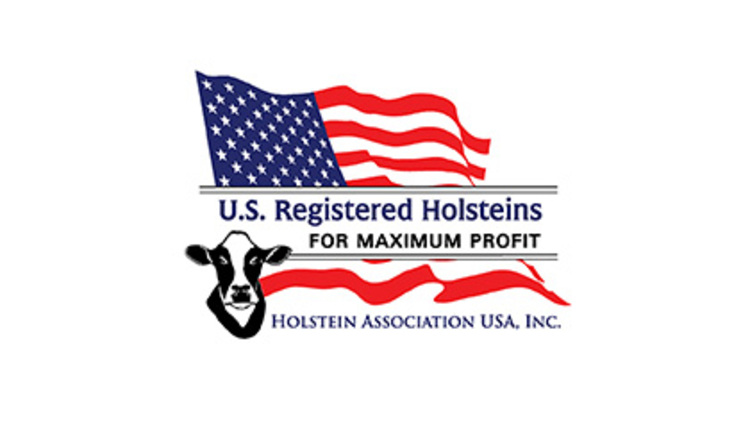
Don’t let the old adage “April showers bring May flowers” become “April showers bring May mastitis” on your dairy. Dealing with seasonally wet weather can create environmental mastitis challenges if you aren’t using best management practices. Let me share four key focus areas that can help set you up for success during wet weather.
- Provide clean, dry bedding. While facility type can have a significant influence on how you protect against wet weather, keeping bedding clean and dry is a best practice, because mastitis pathogens can thrive in wet bedding. I suggest increasing the number of times you add new bedding during rainy seasons in order to keep it dry. If you are concerned about having enough additional bedding materials, consider reducing the amount of material you put on at each opportunity. For example: If you normally put four inches of sand on a bed once a week, consider putting one inch of sand on every other day. This will allow you to maintain the dryness of the bed with the same amount of material.
- Test your waste management. Wet weather can really be a litmus test for how good your waste management is. It is important to make sure alleyways are clean so cows are not dragging manure back into stalls. This also will help keep their feet clean and prevent contaminating the udder. Remember, cleaning the back of the stall is a must — someone must rake stalls when cows are away for milking and make sure the alley is clean. Additionally, if your cows are in dry lots, pay close attention to the areas that are undercover — animals may be congregating there and creating a very muddy area as well as increasing the risk of udder injuries due to crowding. Daily pen management is crucial to provide cow comfort and keep dry lots clean.
- Watch out for heat stress. Just because the weather is wet doesn’t mean it’s cold, and heat and dampness can be a perfect environment to increase infection risk. Heat-stressed cows have depressed immunity. If the udder is exposed to bacteria due to muddy conditions, a heat-stressed cow may not be able to fight off the infection.
- Fine-tune your vaccination protocol. Coliform mastitis vaccinations, such as Enviracor® J-5, can help reduce the effects of environmental mastitis. While you may typically administer the vaccine during the dry period, it is worth revisiting your vaccination protocol with your veterinarian to account for increased pressure from environmental pathogens.
Finally, if you are facing increased infections due to wet weather, remember that Spectramast® LC (ceftiofur hydrochloride) Sterile Suspension is a broad spectrum antibiotic labeled for the treatment of clinical mastitis associated with coagulase-negative staphylococci, Streptococcus dysgalactiae, and Escherichia coli and the treatment of diagnosed subclinical mastitis associated with coagulase-negative staphylococci and Streptococcus dysgalactiae.
Your Zoetis representative and your herd veterinarian can help you learn more about treatments as well as determine a proper wet-weather mitigation plan for your dairy.
IMPORTANT DIAGNOSTIC INFORMATION: SPECTRAMAST LC is intended for use in lactating dairy cattle only with the specified, labeled pathogens. To assure responsible antimicrobial drug use, it is expected that subclinical mastitis will be diagnosed using a positive culture, or other pathogen-specific test, in addition to any other, appropriate veterinary medical evaluation prior to treatment.
IMPORTANT SAFETY INFORMATION: People with known hypersensitivity to penicillin or cephalosporins should avoid exposure to SPECTRAMAST LC. Product requires a 72-hour milk discard period and a 2-day pre-slaughter withdrawal period following the last treatment. Use of this product in a manner other than indicated on the label, or failure to adhere to proper milk discard period, will result in violative residues. See full Prescribing Information, here.
About Zoetis
Zoetis is the leading animal health company, dedicated to supporting its customers and their businesses in advancing care for animals. Building on more than 65 years of experience in animal health, Zoetis discovers, develops, manufactures and commercializes medicines, vaccines, diagnostics, technologies and services, including biodevices, genetic tests and precision livestock farming. Zoetis serves veterinarians, livestock producers and people who raise and care for farm and companion animals with sales of its products in more than 100 countries. In 2020, the company generated annual revenue of $6.7 billion with approximately 11,300 employees. For more information, visit www.zoetis.com.


